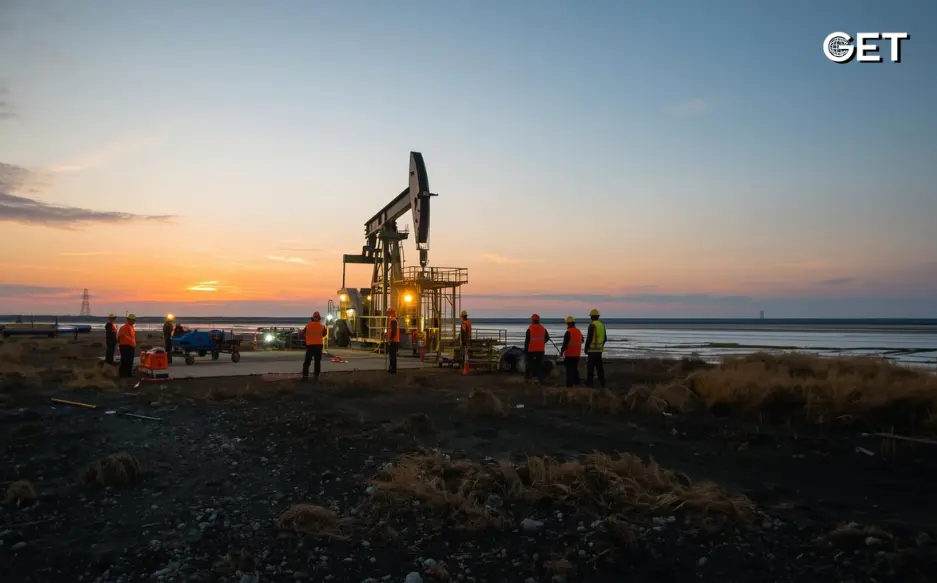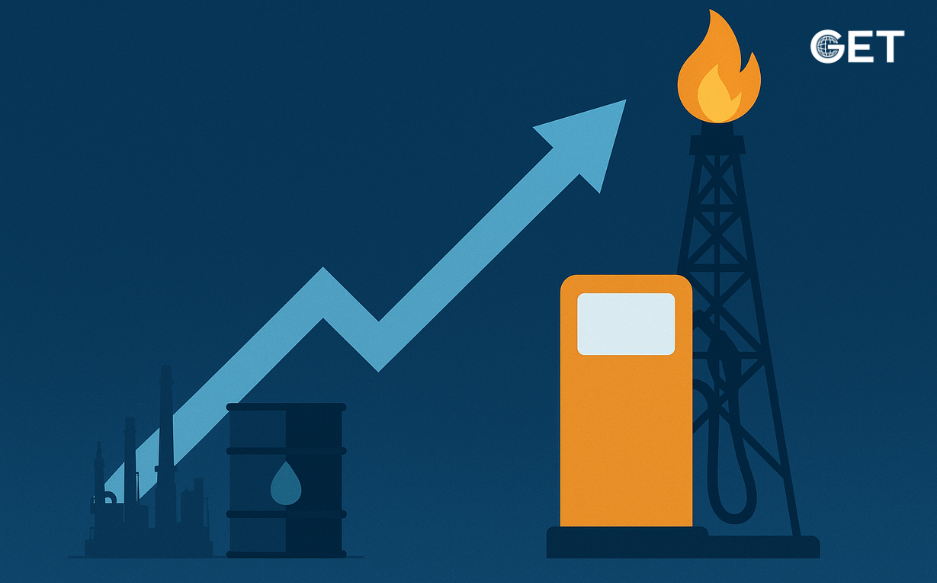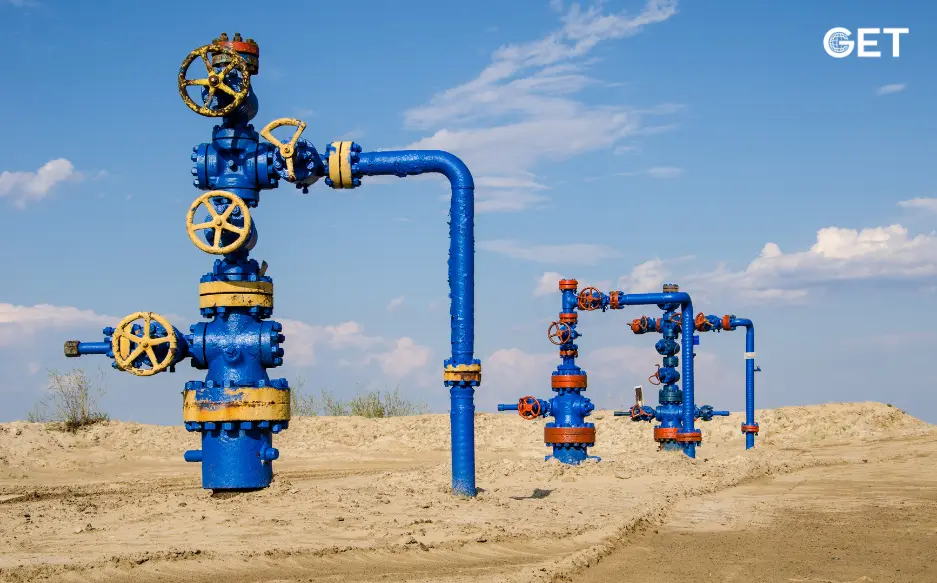
The global energy industry is changing fast. Oil and gas still power the world, but renewable energy is no longer just a side project – it is taking the spotlight. The upstream oil and gas industry is now balancing traditional operations with clean energy solutions. Solar panels on rigs, wind turbines near production sites, hybrid power systems at remote fields, these are becoming common.
For job seekers, this is good news. Companies now look for technicians who can work in both fields oil and gas + renewable. If you are looking for a future-proof career, or want to switch industries, then becoming a renewable energy technician is a smart move.
But here’s the catch, this job is not just about fixing solar panels. It needs a mix of technical knowledge, hands-on ability, and soft skills. So, let’s look at the five most important skills you must have in 2025 to become successful in this growing field.

Let’s start with the basics. A renewable energy technician must know how different systems work- solar panels, inverters, wind turbines, energy storage units, and hybrid power systems.
Think about the oil and gas industry, no one steps on a rig without knowing the equipment. Same with renewable energy. You should know how to install, inspect, maintain, and repair renewable systems.
If you don’t have this knowledge yet, don’t worry. There are online courses, vocational training programs, and certification classes. Many oil and gas companies even train fresh recruits. The more practical experience you gain, the better your chances of landing a job.
This industry is not always smooth. Equipment breaks. Batteries fail. Weather can damage systems. If you panic every time something stops working, you won’t last long.
A good technician has a problem-solving mindset. They think fast, find the root cause, and fix it.
This is very similar to working in the upstream oil and gas industry. A shutdown on a drilling rig costs thousands per hour. Same with a solar or wind farm- downtime means loss.
Examples of problem-solving situations:
Problem-solving makes you dependable. Companies love technicians who can work independently, handle pressure, and save the day.
The energy sector is evolving faster than ever. Ten years ago, renewable energy was considered a side business. In coming times, even the biggest players of upstream oil and gas industry will start investing in clean energy projects.
Adaptability means being open to upskilling and learning new technologies and methods. One project you might work on solar farms while on the other project you could be expected to maintain battery storage or hybrid systems in oil field.
Here’s what adaptability looks like:
In 2025, the best technicians are those who say, “Yes, I can learn that,” instead of “That’s not my job.
Gone are the days when technicians just tightened bolts and changed filters. Today, both traditional energy and renewable energy roles require digital literacy.
Why? Because every system is connected. The latest data monitoring software have reduced manual intervention by showing live performance metric, alerts and fault codes. Companies now-a-days rely on data to plan their maintenance schedules, downtime reduction and improve work efficiency.
You should know how to:
You don’t need to be a programmer. But having basic IT skills makes you stand out. A technician who understands both tools and data becomes a valuable bridge between the operations team and engineers.
Even though you will spend a lot of time with machines, communication is still key. You will work with engineers, project managers, and sometimes even oil and gas crew if you are at a hybrid energy site.
Clear communication avoids mistakes. Good teamwork keeps projects running smoothly.
A few examples:
Remember, energy work is not a solo job. Projects succeed when teams cooperate. And companies always notice technicians who are easy to work with.
Bonus Skill: Safety Awareness
This one deserves a mention. Whether you are working in renewable energy or the oil and gas industry, safety is non-negotiable.
Follow safety rules, wear PPE, respect procedures. One mistake can cause injury or major financial loss. Companies prefer technicians who take safety seriously.
Read Also- Top 5 Oil & Gas Trends to Watch in 2025
Why talk so much about oil and gas when writing about renewable energy? Because many companies in the upstream oil and gas industry are adding renewables to their portfolio. Working on hybrid installations, trying to reduce emissions, using solar for power in remote oil fields. So skills overlap.
If you already have oil and gas background, many soft skills, safety mindset, technical discipline are transferable. Add renewable-specific tech, environmental regulation, data tools, you’ll be very competitive.

You know what skills you need. Now, how to build them:
2025 is a landmark year for energy careers. Clean energy is growing fast. Oil and gas remains important, but more hybrid, more renewable integration. For those aiming to become a renewable energy technician, the path demands more than just tool skills. It needs a mix of tech, safety, data, regulation, and people skills.
If you work hard on technical proficiency, excellent maintenance practices, regulatory and safety awareness, digital tools, and soft skills like communication and adaptability — you will be ready. Where oil and gas meets renewable energy, it’s the people with this blend who will be leading the change.
Start now. Even small steps matter. This career is not just stable. It is meaningful. You can be part of transforming energy, reducing carbon, building a cleaner future. And yes, it’s demanding. But satisfying. Make 2025 your launch year.
Read Also- What is Rotating Equipment in Oil and Gas?

By Get global | January 9, 2026

By Get global | January 2, 2026

By Get global | December 23, 2025
Introduction to the Oil and Gas Industry When individuals think of the “oil and gas industry,” the most common associations would probably be drilling rigs, offshore platforms, or harsh working conditions. And to some extent, these are indeed the case. But in the end, the industry is still much larger […]

By Get global | December 17, 2025
As the oil and gas industry moves toward 2026, the pressure is no longer coming from one direction. Markets remain volatile. Regulations are tightening. Digital expectations are rising. At the same time, demand for reliable energy has not disappeared. What has changed is how companies respond to this complexity. Many […]

By Get global | December 11, 2025